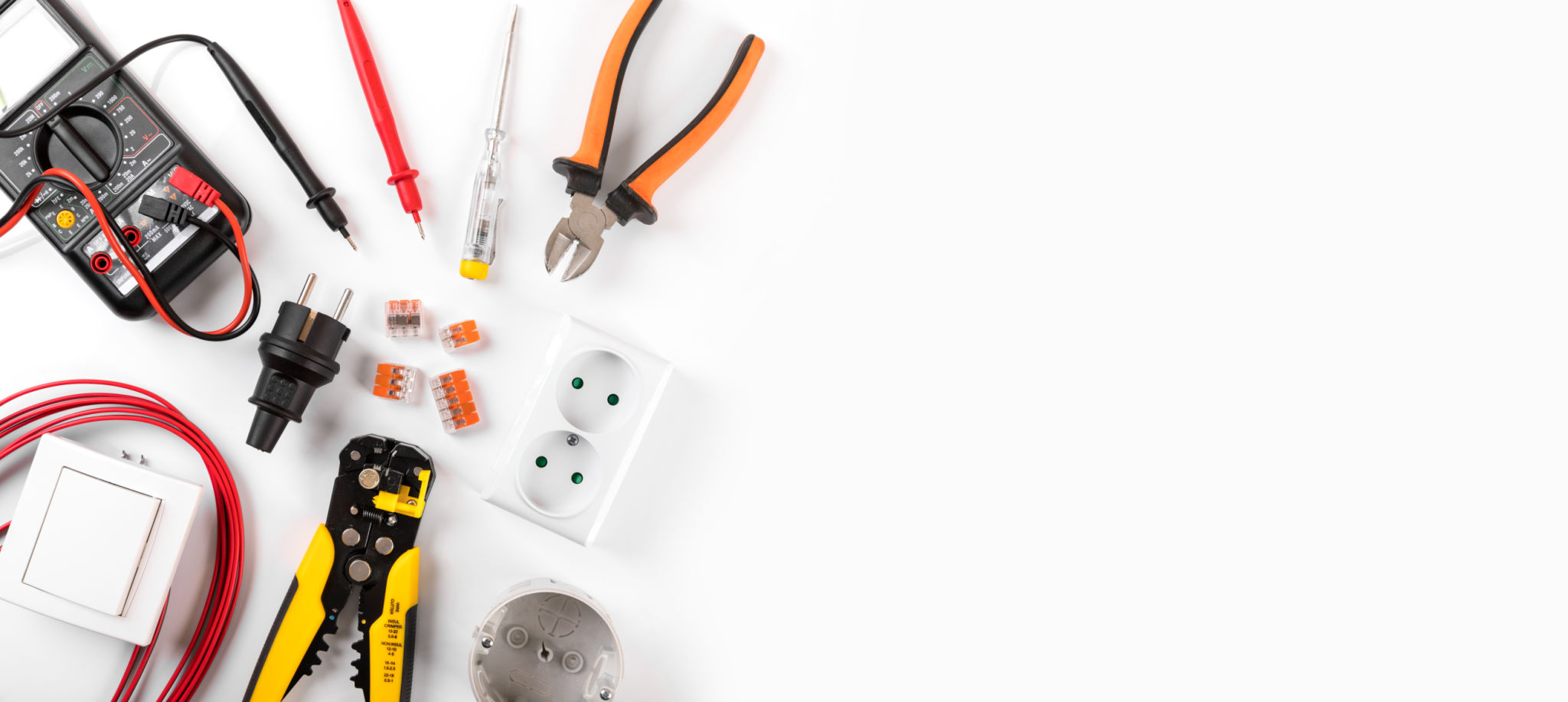DIY Electrical Maintenance: What You Can Do and When to Call a Professional
The Basics of DIY Electrical Maintenance
Electrical maintenance can seem daunting, but there are several tasks you can safely handle on your own. Understanding these basics not only ensures the safety of your home but also reduces long-term repair costs. In this guide, we'll explore what you can do yourself and when it's crucial to call in a professional.
Before diving into any electrical work, always ensure the power is turned off at the breaker box. This simple step is crucial for safety. Additionally, having the right tools, such as insulated screwdrivers and voltage testers, can make all the difference in performing safe and effective maintenance.

Simple Electrical Repairs You Can Do Yourself
Replacing Light Bulbs and Fixtures
One of the simplest DIY tasks is replacing light bulbs and fixtures. When a bulb burns out, make sure to replace it with one of the same wattage to avoid potential overloads. For fixtures, ensure they are securely attached and free from dust or debris. If you're replacing a fixture, follow the manufacturer’s instructions carefully.
Resetting Circuit Breakers
If you experience a power outage in one part of your home, it may be due to a tripped circuit breaker. To reset it, simply locate your breaker box and flip the switch back to the "on" position. If the breaker trips repeatedly, it's a sign of a more significant issue that requires professional attention.

When to Call a Professional
Complex Electrical Installations
While DIY projects have their place, certain installations should always be handled by professionals. This includes anything involving complex wiring, such as installing new outlets or adding circuits. Attempting these tasks without proper knowledge can lead to serious injury or property damage.
Persistent Electrical Problems
If you're facing persistent electrical issues like frequent power surges, flickering lights, or outlets that don't work, it's time to call an electrician. These problems often indicate underlying issues with your home's electrical system that require expert diagnosis and repair.

Safety Tips for DIY Electrical Work
While conducting any DIY electrical work, prioritize safety above all else. Wear rubber-soled shoes when working in potentially wet areas, and never attempt repairs with wet hands. Always double-check that the power is off before starting any task.
- Use insulated tools to prevent electric shocks.
- Avoid overloading circuits with too many appliances.
- Regularly inspect cords and plugs for damage.
By following these tips and knowing your limits, you can effectively manage basic electrical maintenance tasks while ensuring your home's safety. Remember, when in doubt, it's always better to consult a professional to prevent accidents and ensure a job is done correctly.
